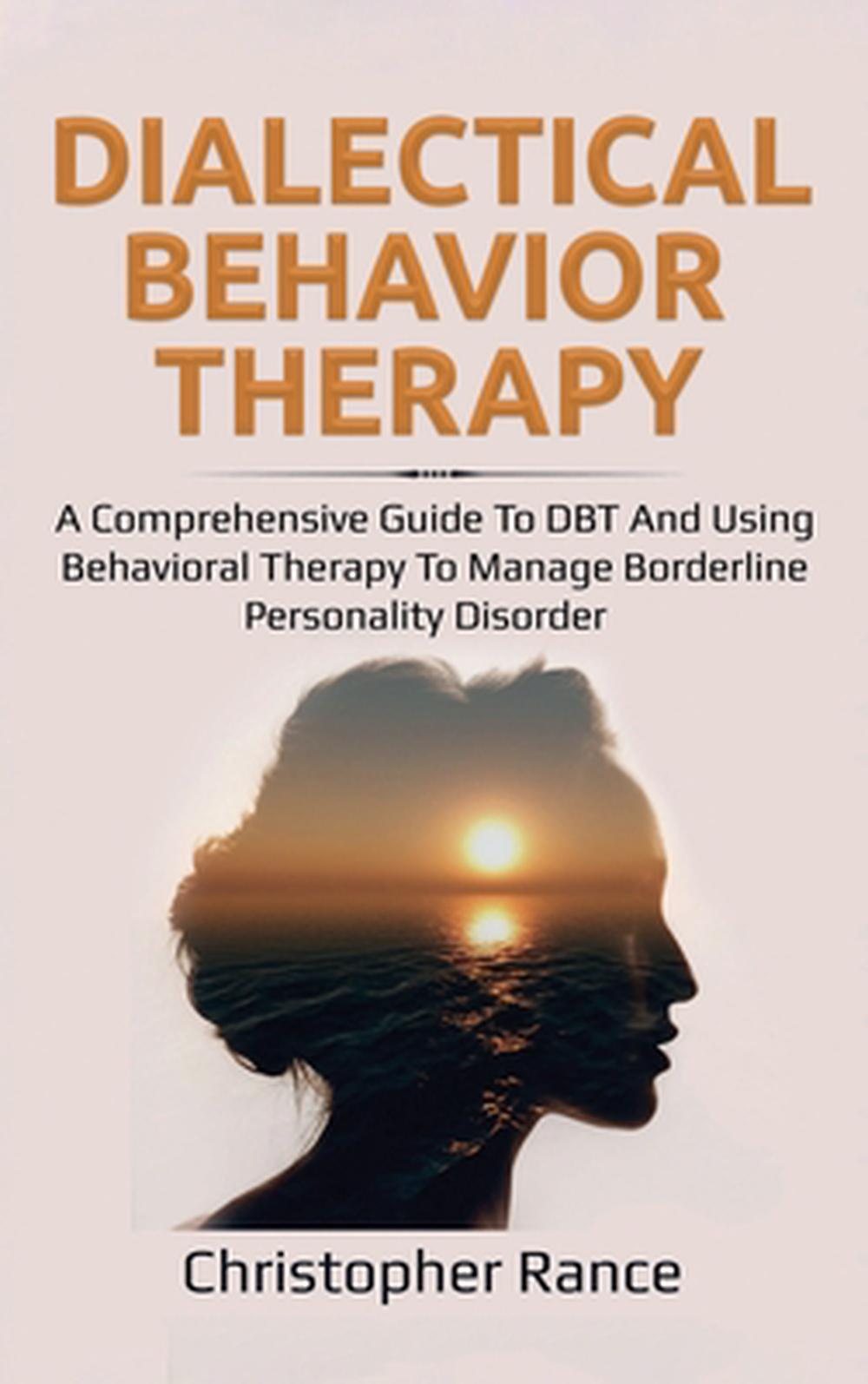Dialectical Behavioral Therapy: Understanding and Benefits

What is DBT?
DBT is a type of cognitive-behavioral therapy that combines elements of mindfulness, behavior therapy, and Eastern philosophy. It was developed by Dr. Marsha Linehan in the late 1980s to treat individuals with borderline personality disorder who were struggling with suicidal thoughts and self-harm.
How does DBT work?
DBT consists of individual therapy, group skills training, phone coaching, and consultation team meetings. The focus is on balancing acceptance and change, and helping individuals build a life worth living. The therapy is divided into four modules:
- Mindfulness: This module teaches individuals how to be present in the moment and observe their thoughts and feelings without judgment.
- Distress Tolerance: This module teaches individuals how to tolerate distressing emotions and situations without resorting to harmful behaviors.
- Emotion Regulation: This module teaches individuals how to identify and regulate their emotions in a healthy way.
- Interpersonal Effectiveness: This module teaches individuals how to communicate effectively, set boundaries, and build positive relationships.
What are the benefits of DBT?
DBT has been found to be effective in treating a variety of mental health conditions, including:
- Borderline Personality Disorder
- Depression
- Anxiety
- Substance Abuse
- Eating Disorders
DBT can help individuals improve their emotional regulation, interpersonal skills, and ability to tolerate distress. It can also reduce suicidal behavior and self-harm.
What are the drawbacks of DBT?
One of the drawbacks of DBT is that it can be time-consuming and costly. The therapy requires a significant commitment from the individual, as it involves attending weekly individual therapy sessions, group skills training sessions, and phone coaching. Additionally, not all therapists are trained in DBT, which can make it difficult for individuals to find a qualified provider.
FAQ
1. Is DBT only for individuals with borderline personality disorder?
No, DBT has been found to be effective in treating a variety of mental health conditions, including depression, anxiety, substance abuse, and eating disorders.
2. How long does DBT therapy last?
DBT therapy typically lasts for six months to a year, although the duration can vary depending on the individual's needs and progress.
3. Can DBT be done online?
Yes, DBT can be done online through teletherapy. However, it is important to ensure that the therapist is licensed and trained in DBT.
4. Does DBT involve medication?
No, DBT is a type of talk therapy and does not involve medication. However, individuals may be prescribed medication by their psychiatrist or primary care physician to help manage their symptoms.
In conclusion, DBT is a type of psychotherapy that combines elements of mindfulness, behavior therapy, and Eastern philosophy. It has been found to be effective in treating a variety of mental health conditions, including borderline personality disorder, depression, anxiety, substance abuse, and eating disorders. While DBT can be time-consuming and costly, it can help individuals improve their emotional regulation, interpersonal skills, and ability to tolerate distress. If you are interested in DBT, it is important to find a qualified therapist who is trained in the therapy.
